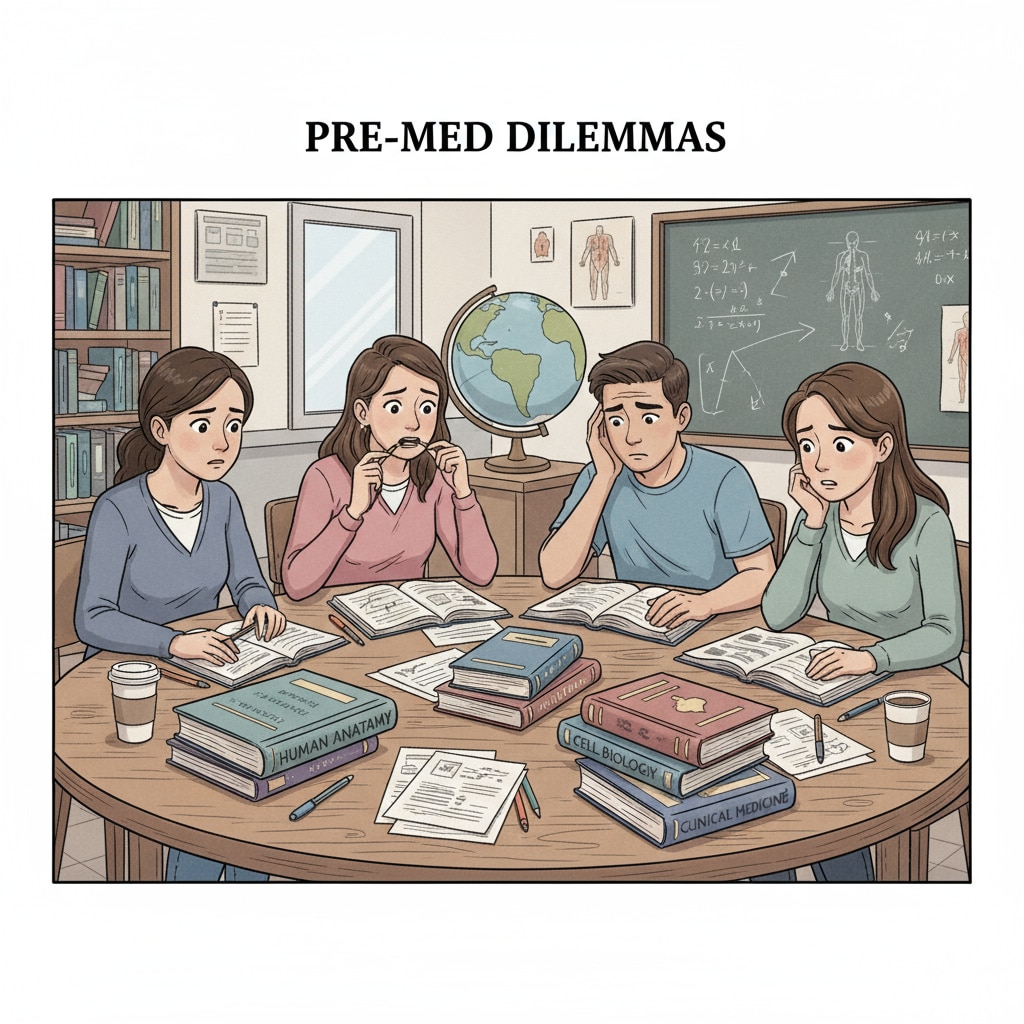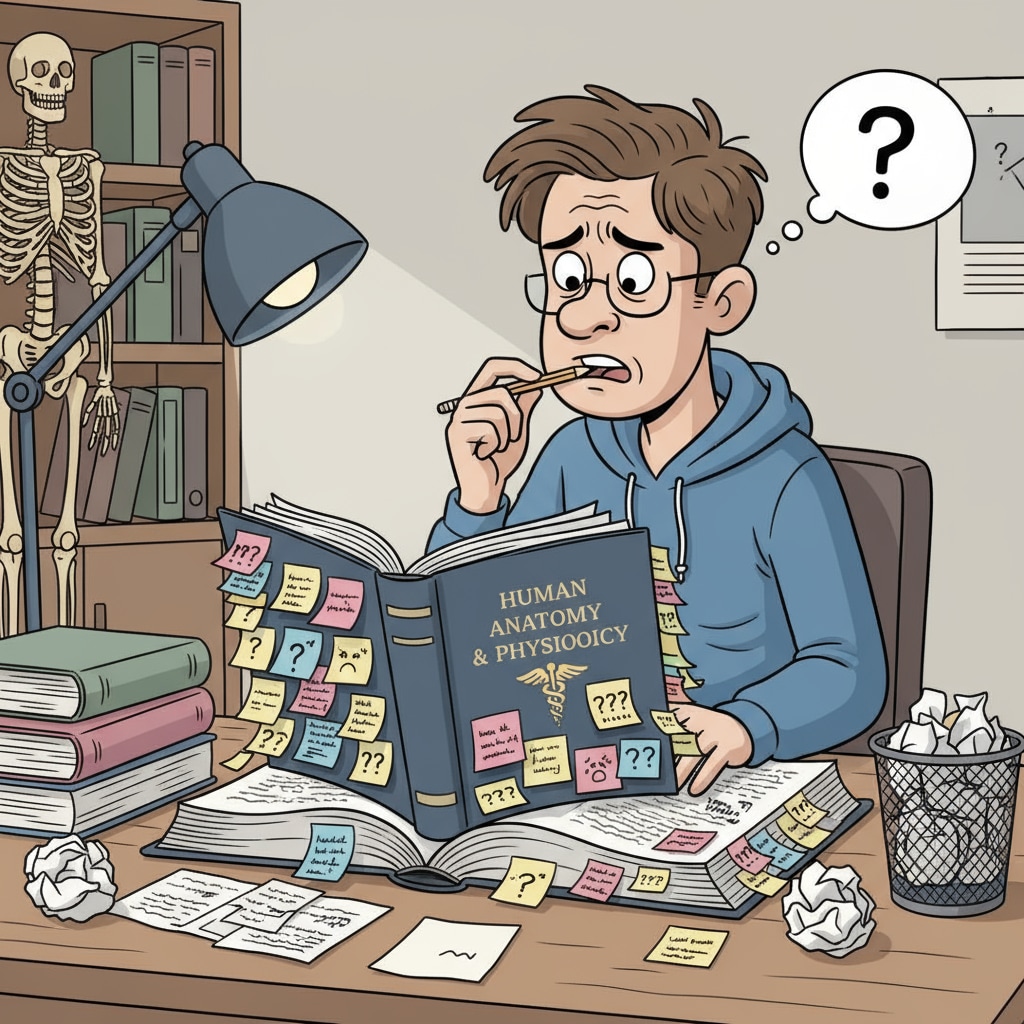Medical school entrance exams, learning anxiety, and knowledge gaps are significant challenges that high school students aspiring to enter the medical field often encounter. The journey towards a medical career is filled with rigorous academic demands, which can take a toll on students’ mental and emotional well-being. In this article, we will explore these issues in depth and provide practical solutions to help students navigate through these difficulties.

The Burden of Learning Anxiety
Learning anxiety is a common issue among medical school preparatory students. The pressure to perform well in exams, coupled with the vast amount of knowledge to master, can lead to overwhelming feelings of stress and self-doubt. For example, students may worry about not being able to keep up with the curriculum or fear that they won’t score high enough on the entrance exams. According to Anxiety and Stress on APA, anxiety can significantly impact a student’s ability to learn and retain information. This can create a vicious cycle, as the more anxious a student becomes, the less effectively they can study.
The Problem of Knowledge Gaps
Knowledge gaps are another hurdle that medical school hopefuls must overcome. These gaps can arise due to various reasons, such as inconsistent teaching, lack of prior exposure to certain topics, or difficulty in understanding complex medical concepts. For instance, a student may have a weak foundation in biology, which can make it challenging to grasp advanced medical theories. Knowledge gaps can not only affect a student’s performance in exams but also their confidence in their abilities. As stated in Knowledge Gaps on Education.com, identifying and addressing these gaps early on is crucial for academic success.

So, how can students combat these issues? Firstly, it’s essential to develop effective study strategies. This includes creating a structured study schedule, breaking down large topics into smaller, more manageable chunks, and using active learning techniques such as summarizing, questioning, and teaching the material to others. Additionally, seeking help when needed is vital. Students can reach out to their teachers, tutors, or classmates for clarification on difficult concepts or to get additional support. Moreover, taking care of one’s mental health is equally important. Engaging in stress-reducing activities like exercise, meditation, or hobbies can help alleviate anxiety and improve overall well-being.
Readability guidance: By following these strategies, students can gradually overcome their learning anxiety and bridge their knowledge gaps. This will not only enhance their chances of success in medical school entrance exams but also prepare them for the challenges that lie ahead in their medical careers.


